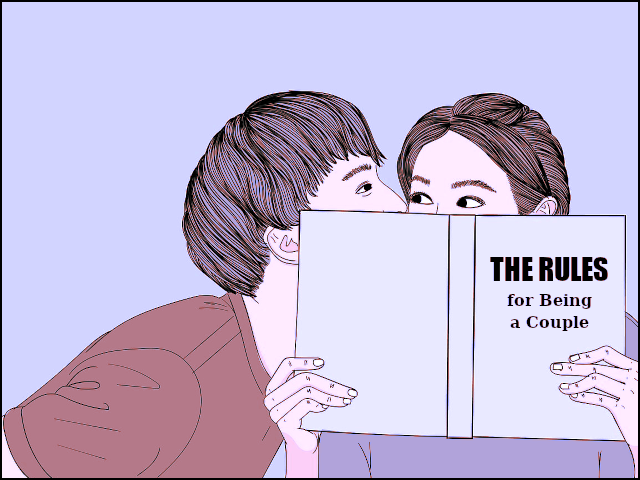
We learn about our sexuality—acting male or female—from the parent of our own sex, but we learn about our sensuality—being feminine or masculine—in our relationship with our parent of the opposite sex.
Let me add what is actually an inconsistency in this theory. That is that while my siblings, male and female, were exposed to the same qualities in our parents, what they decided for themselves regarding their roles as adults, and how they would be sexually with their own partners, may actually have been quite different from me. This is where genetics actually plays more than just a small part in forming who we become as adults.
As I’ve noted, your own personality will impact on how you actually turn out, but as a general rule, if you are a female you are more than likely ...
Read More








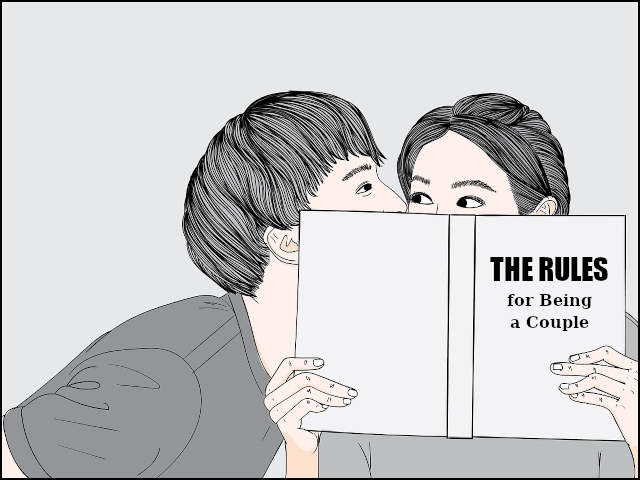
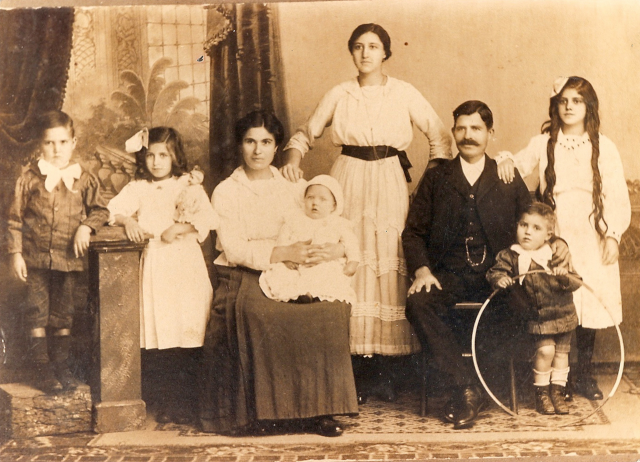
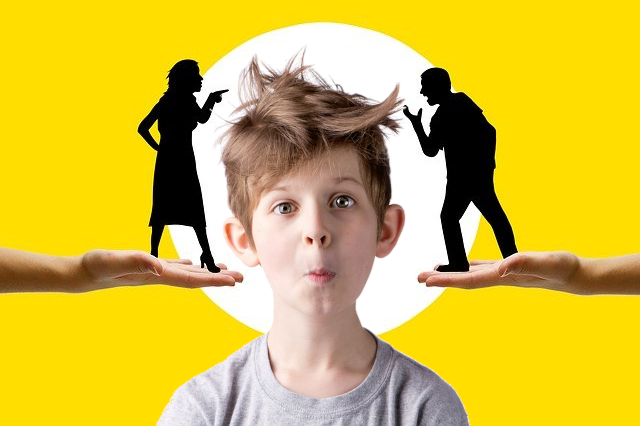




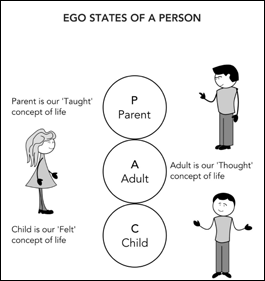 Many years ago, people believed that a healthy relationship looked like this: two complementary halves making a whole. Now we understand that a relationship that looks like this is far from complementary and where generally one person in the couple dominates the other.
Many years ago, people believed that a healthy relationship looked like this: two complementary halves making a whole. Now we understand that a relationship that looks like this is far from complementary and where generally one person in the couple dominates the other.